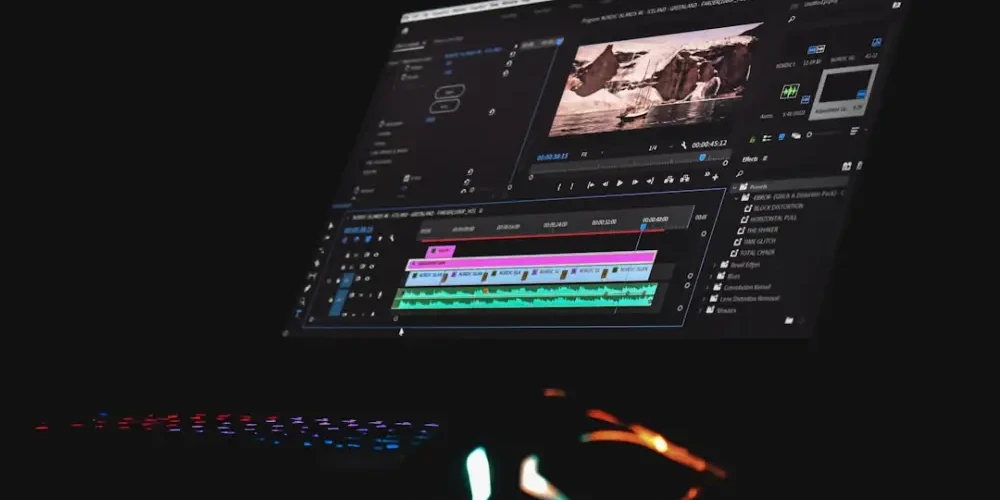In 2025, fans aren’t just watching the game, they’re rewriting the rules. The modern sports landscape is being reshaped by fans who demand more control, deeper engagement, and immersive experiences that go far beyond the stadium. This isn’t a trend. It’s a transformation.
At Fandom Sports, we recognize that fan behavior is now a driving force in sports innovation, monetization, and culture. Here’s how today’s fans are flipping the script on how sports are played, watched, and monetized.
1. Fans Are Becoming Co-Creators
Modern fans don’t want to be spectators—they want to be collaborators. From voting on team jerseys to influencing player trades through social pressure, fans are asserting creative control. Platforms that crowdsource decisions or offer fan governance (especially in fantasy leagues or decentralized sports orgs) are exploding.
2. Gamification Is the New Normal
Fans expect instant engagement and rewards. Predictive games, trivia challenges, fantasy sports integrations, and live betting experiences are built into every matchday. Interactive platforms like Fandom Sports are leading the charge, turning passive viewing into high-stakes participation.
3. The Rise of Micro-Communities
Forget generic fandom. In 2025, niche subgroups are forming around players, memes, tactics, or even team philosophies. These micro-communities thrive on platforms where discussions, polls, and content are hyper-focused and algorithmically surfaced.
4. Second-Screen Dominance
Fans no longer rely on one screen to enjoy a game. Live stats, play-by-play predictions, chat rooms, and in-game challenges dominate second-screen experiences. Real-time interactivity boosts engagement time and advertisers are taking notice.

5. Short-Form Content Is King
TikTok-style sports recaps, meme-worthy clips, and AI-generated highlight reels are redefining how fans consume content. Attention spans are shorter, and platforms that can deliver punchy, visual narratives in 60 seconds or less are winning.
6. Fan-Driven Monetization
Platforms like Fandom Sports are tapping into a new monetization layer where fans can earn from their insights, predictions, and content contributions. Engagement is no longer just emotional, it’s transactional.
7. AI-Enhanced Personalization
Fans expect tailored content based on their preferences, teams, moods, and even game-day rituals. AI recommendation engines are delivering hyper-personalized streams of news, betting insights, and player updates.
8. Virtual Stadiums & Digital Arenas
With the rise of VR and metaverse environments, fans are attending virtual games, interacting with avatars, and even buying digital merch. These experiences offer access without geography and revenue without physical limitations.
9. Demand for Transparency and Authenticity
Fans are holding leagues, athletes, and brands accountable. From social justice stances to ethical sponsorships, transparency is expected. The most successful organizations are those that involve fans in the conversation, not just the campaign.
10. Global, Always-On Fandom
Fandom is no longer seasonal or local. It’s global, continuous, and cross-platform. Fans expect 24/7 content pipelines, multilingual commentary, and access to games and players from around the world.
Final Thoughts: Fans Are the New Power Brokers
The days of top-down fan engagement are over. Today, sports fans are shaping narratives, steering decisions, and even driving business models. Platforms that empower, reward, and respect the modern fan will dominate the next era of sports entertainment.
Related Posts
How to actually use sports highlights without getting your channel flagged
Stop getting copyright strikes. Learn…
Finding New Meaning Through the Lens of a Sports Creator
Discover how to transition from fan to…




